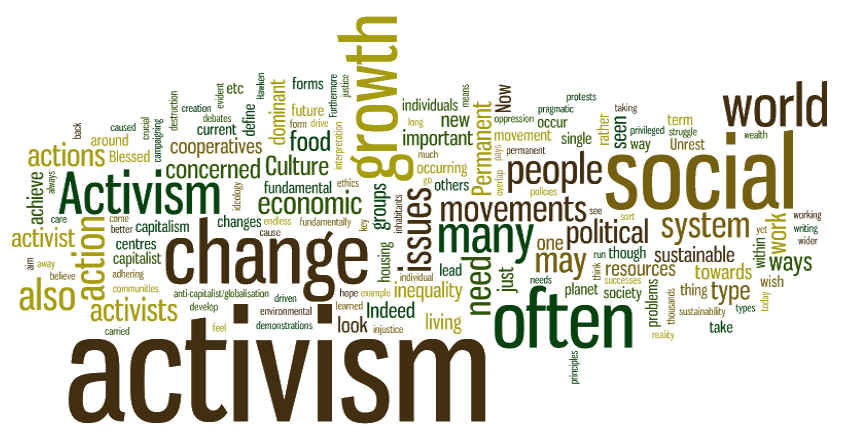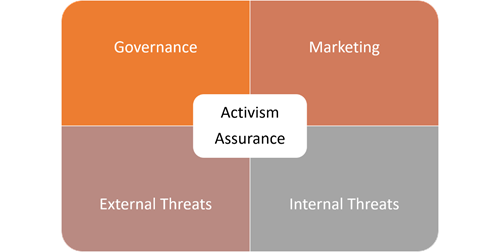
Governance bodies change policy. So do activists.
Activism is a powerful agent of change; the influence of stakeholder groups is of increasing importance to the governance agenda and a significant risk factor for internal audit to consider in its audit plan. Audit leaders can provide insight and assurance to governance partners through their unique lens on the organisation and objective analysis of the external environment.
In this piece, we explore activism in varying degrees, including the risk of misalignment with an organisation.
Not something you’ve given much attention to? Read on and gain a better understanding.
What is activism?
Social activists create a platform to promote, guide or prevent changes in organisational or governmental policy; figures such as Martin Luther King and Emmeline Pankhurst sit alongside todays headline makers, Greta Thunberg, #MeToo and Black Lives Matter.
The degree to which an organisation is impacted by activism depends on its purpose, values and leadership. Widespread issues include equality, climate change, executive pay, animal welfare, human rights and also local concerns such as the planned route for HS2.

The risk of misalignment
Successful activists persuade others to change their views rather than compromise their own vision and ideals. They use a broad mix of actions from meetings and door-to-door canvassing, to demonstrations and sometimes illegal acts such as sabotage.
Their commitment often gives rise to actions which others might consider unconventional. This is a major risk when the activist’s cause is fundamentally at odds with the purpose of an organisation or even a whole industry, as in the case of the climate crisis and the use of fossil fuels.
The FRC promotes the concept of stewardship alongside corporate governance to deliver sustainable value for investors, the economy and society as a whole. In its early days, many organisations ticked the box…